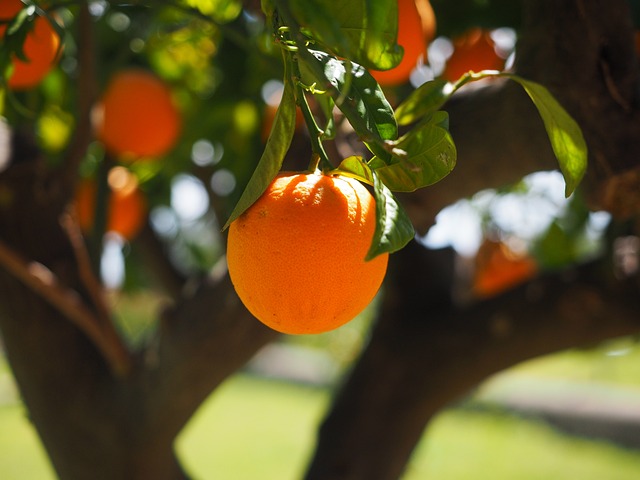Allergy Sufferers Rejoice! How Probiotics Can Help Combat Hay Fever Symptoms
For many of us, the arrival of spring means sunny days, green grass, and blooming flowers. Unfortunately, for some, it also means the start of hay fever season. Hay fever, also known as allergic rhinitis, is an allergic reaction to pollen or spores, which can cause symptoms such as sneezing, runny nose, and itchy eyes. While there are various treatments available, ranging from antihistamines to corticosteroids, there is a growing body of evidence suggesting that probiotics could also play a role in managing hay fever symptoms.
What are probiotics?
Probiotics are live microorganisms, usually bacteria or yeast, that are beneficial to human health. They are typically found in fermented foods such as yogurt, kefir, and kimchi, as well as in dietary supplements. Probiotics are thought to promote a healthy balance of gut bacteria, which can improve digestive function and immune health.
How can probiotics help with hay fever?
While the mechanisms behind allergies are complex and not yet fully understood, researchers believe that a healthy gut microbiome may play a role in preventing or reducing allergic reactions. In particular, certain strains of probiotics have been shown to have anti-inflammatory properties, which can help alleviate hay fever symptoms caused by an overactive immune response.
One study published in the International Archives of Allergy and Immunology found that a probiotic supplement containing Lactobacillus acidophilus and Bifidobacterium lactis reduced symptoms and medication use in hay fever sufferers. Another study, published in the European Journal of Clinical Nutrition, found that a combination of probiotics and prebiotics (substances that promote the growth of beneficial gut bacteria) reduced inflammation and improved nasal airflow in people with seasonal allergies.
It’s worth noting that while these studies show promise, more research is needed to determine the optimal strains, dosages, and duration of probiotic supplementation for hay fever management.
What are some food sources of probiotics?
If you’re interested in incorporating more probiotics into your diet, there are many food options to choose from. Some of the best sources of probiotics include:
- Yogurt (look for varieties with live active cultures)
- Kefir (a fermented milk drink)
- Kimchi (a Korean fermented vegetable dish)
- Sauerkraut (a German fermented cabbage dish)
- Miso (a Japanese fermented soybean paste)
- Tempeh (a fermented soybean product)
- Kombucha (a fermented tea drink)
Conclusion
While probiotics are not a cure-all for hay fever, they may offer a promising complementary approach to managing symptoms. By promoting a healthy gut microbiome and reducing inflammation, certain strains of probiotics could help alleviate hay fever symptoms and improve overall immune function. Talk to your healthcare provider to determine if probiotics might be a good addition to your current hay fever treatment plan.







